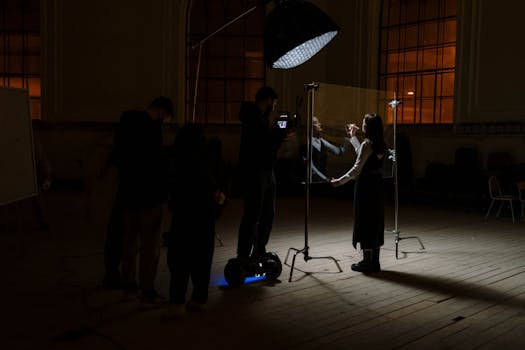You could take a course to get some of the skills and knowledge needed in this job. Courses include:
- digital media
- creative media production and technology
- T Level in Media, Broadcast and Production
Once you've finished your course, you could apply for a trainee job at a theatre, college, production company or events organisation. Some employers might want you to have experience of helping with live or online events.
Entry requirements
Entry requirements for these courses vary.








